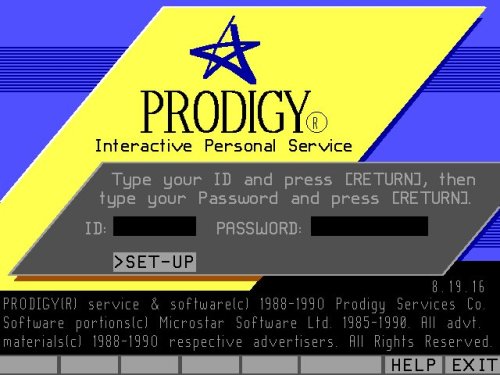What of the Prodigy?
“Interested, valued, encouraged, supported, trained.” In the case of “prodigies,” this usually ends with “bored. quits.” Or leveled out–regressing to the mean. #Expertise

It seems that when someone wants to argue Expertise, they bring the prodigy to the table. What of the prodigy? They argue. The Prodigy did not practice for all these hours. The Prodigy did not receive mentoring. The Prodigy did not…Let me stop you there.
Everyone remembers the prodigy–the wee man on his enormous piano bench. Johnny Carson offers to push the pedals while they “drive.” The audience laughs. “He is good,” we think to ourselves or say below a whisper to those also watching late at night with you. We gather our plates, head to the kitchen, and likely forget the name. That’s fine. It is unlikely that you will hear that name again anyway.
But, let me assure you that the prodigy receives everything they need at the time to excel.

What is the appeal of the prodigy? Is it a sign? Some kind of mental release? Is it the permission that we need–telling us to stop trying so hard? Understand that there are elements in place that allow excellence early on and that those same elements, without the supporting components, are the ones that cause total, beautiful, destruction later in life. Enjoy the flash in the pan; the 15 minutes; the onlookers, hand-shakers, and picture-takers. They love you. For the rest of your life. Today.
The amount of commitment that is necessary to sustain and to back-build the missing foundation…I cannot begin to explain it…is a challenge to great for most and that is why you will rarely hear that name again.
Gumption. Drive.
Missing.
or, perhaps, once that level of fame was found it was enough
–or too much.
You see, working at your maximum potential–if you could–is necessary for the development of real Expertise but it is not sufficient. You will not know what if it was until you get there. It reminds me of a film from a number of years back, or maybe it was a television series. The lead actor was a spy who was recruited by a top-secret group whose Batcave-like lair was behind a wall at a dead-end street. In order to get past the wall, you had to drive directly into it moving at least 80 miles per hour. It was a matter of faith. Of belief. If I believe it, I might get it. If I doubt, I definitely will not.
Welcome to it. Say farewell to the Prodigious Son.
